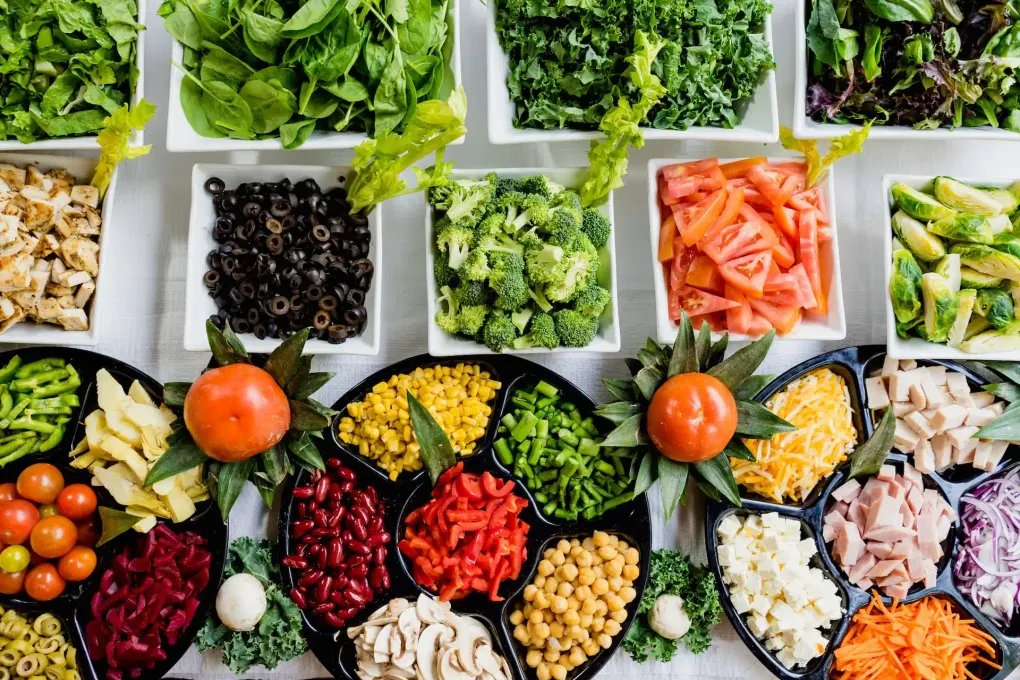
Top 5 Nutrition Articles of 2023
These are the top 10 nutrition posts of 2023, selected by industry professionals.
When questions like “What should I eat before exercising?” or “What dietary supplements should I take to perform at my best?” are included, things get even more complicated. Starting from number ten, here are our top 10 nutrition posts of 2012 that were written by professionals in the field:
- Plant-Based Diets and Long-Term Health (Findings from the EPIC-Oxford Study)
“Plant-based diets offer health benefits with low saturated fat and high fiber content, but may pose risks of micronutrient deficiencies. Vegetarians and vegans have lower BMI, LDL cholesterol, and blood pressure but higher risk of stroke and fractures. Optimal food and supplement choices can mitigate the risks.”
“Discover the rise of sustainable packaging, projected to reach a market size of $737.6 billion by 2030. From reducing waste to conserving resources, eco-friendly materials like plant plastics and mushroom packaging are revolutionizing how we package, transport, and consume products. Adopting sustainable packaging not only preserves the environment and reduces pollution but also enhances brand reputation, satisfies eco-conscious consumers, and increases sales revenue.”
- Functional Foods (C J Henry)
“The concept of functional foods, bridging the gap between diet and health, has ancient roots and emerged as a response to rising healthcare costs. While not recognized by law worldwide, functional foods are marketed for providing physiological benefits beyond basic nutrition. Japan leads in this field with Foods for Specified Health Uses (FOSHU). Functional foods encompass natural bioactive substances, fortified foods enriched with bioactive ingredients, and synthetized ingredients with probiotic effects, representing a new frontier in reducing chronic diseases through optimal nutrition.”
- Choosing Healthy Fats (Lawrence Robinson, Jeanne Segel, Ph.D., Robert Segal)
“Dietary fats are essential for energy, vitamin absorption, and overall health. While bad fats like trans fats and saturated fats contribute to weight gain and health problems, good fats such as unsaturated fats and omega-3 fatty acids have the opposite effect. Understanding the difference and incorporating healthy fats into the diet can improve cognitive function, increase energy levels, and aid in weight control. Cholesterol levels are also influenced by the types of fats consumed, with LDL cholesterol being harmful and HDL cholesterol beneficial for heart health.”
- Mindful Eating (Lawrence Robinson, Jeanne Segel)
“Mindful eating involves being fully present and aware of the food you consume, noticing how it makes you feel, and paying attention to taste, satisfaction, and fullness cues. It promotes non-judgmental observation of thoughts, feelings, and bodily sensations related to food. Unlike mindless and rushed eating, mindful eating encourages a conscious connection with the entire eating process. It helps recognize emotional and non-hunger triggers for eating and fosters a greater appreciation for food. Mindful eating is not based on perfection or strict rules but on using the senses and being present during food-related activities. By incorporating mindfulness into your eating habits, you can develop a healthier relationship with food, avoid overeating, and enhance overall well-being.”